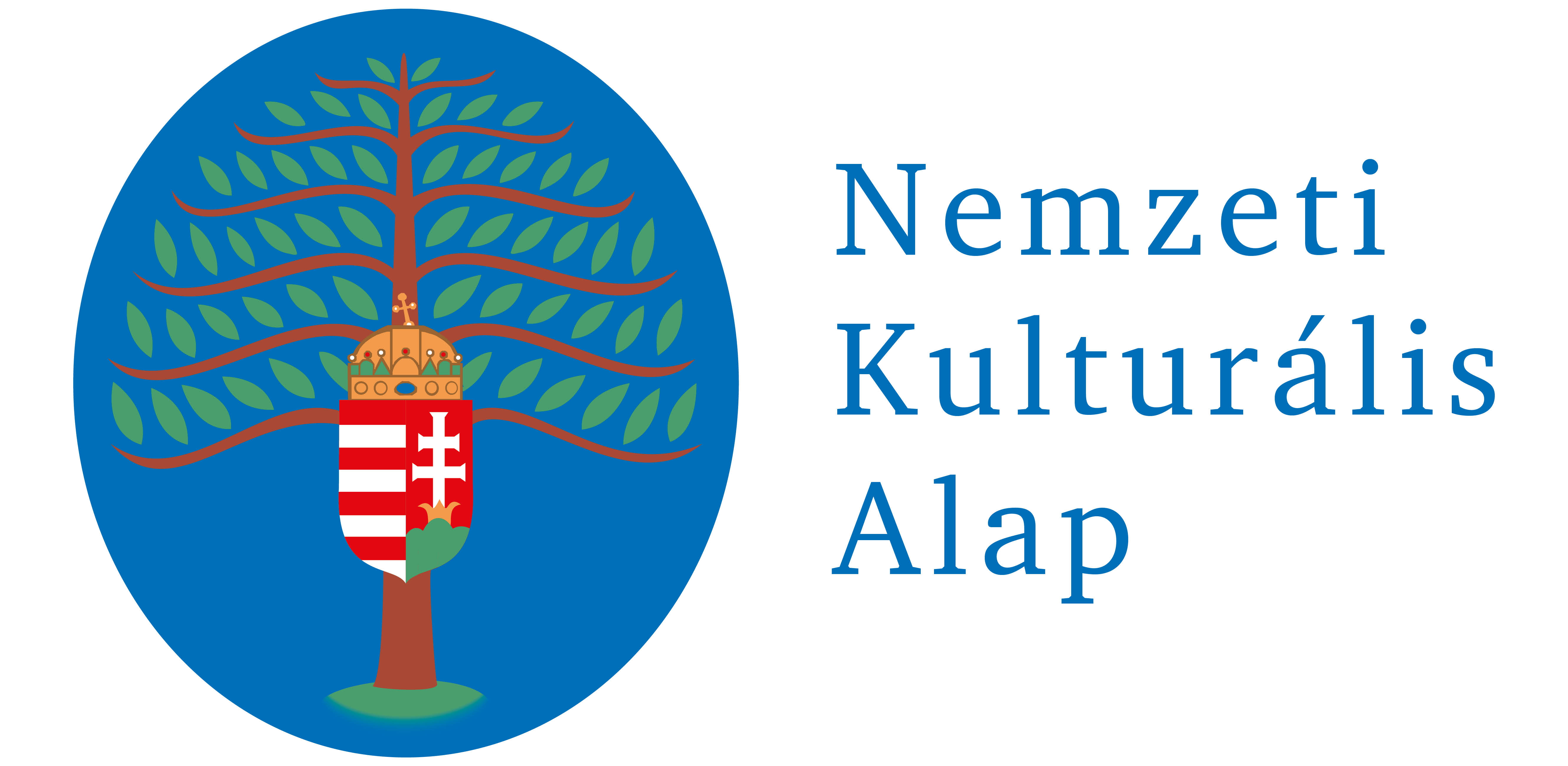Naptár
2024. április 15–19.
2024. április 20.
Eötvös József Kárpát-medencei középiskolai szónokverseny
2024. március–április
A Magyar Nyelvtudományi Társaság tavaszi felolvasóülései
Tovább...
1. 2024.
Abstracts in English
Studies
Szenczi, Beáta – Fejes, József Balázs – Vígh, Tibor – Hódi, Ágnes – Tary, Blanka
Suggestions for the development of text comprehension embedded in subjects – supporting reading motivation I.
Although the literature lists several, well-established international interventions and best practices to strengthen reading motivation, hardly any such teaching aids are available in Hungarian. This study aims to address this research gap. This first part of the study reviews the theoretical background of reading motivation, touches upon the interpretation, the importance of reading motivation, and some key environmental factors that may support it. The paper then summarizes the main lessons learned from reading motivation intervention programs, and presents the Concept-Oriented Reading Instruction (CORI) in details, which is one of the most well-known and empirically supported programs. Relying on the international literature, the second part of the study proposes seven reading motivation support principles which can easily be incorporated into classroom practice. Practical tips are also included for successful implementation.
Murányi, Sarolta
The possibilities of adapting the methodology of the Narrative Assessment Protocol to the Hungarian language
In research at international level, there are numerous examples of examining narrative skills; however, there is currently no such assessment procedure available in Hungarian. This study presents the adaptation from English into Hungarian of the scoring system of the Narrative Assessment Protocol, which measures narrative skills. 48 preschool children (aged 3—6) participated in the investigation following the methodology of the English-language protocol. The analytical aspects of the experiment included the examination of the structure, chronology, and temporality of the narrated stories, as well as the analysis of story units. Based on the results, it can be concluded that the criteria of the Narrative Assessment Protocol regarding macrostructure are applicable in Hungarian, as well.
Workshop
Yalçınkaya, Ali Can – Szentgyörgyi, Szilárd – Parapatics, Andrea
Adaptation of Turkic loanwords: possibilities for applying the results of a study in first language classes
This study focuses on the process of adapting West Old Turkic loanwords and the possibilities for teaching this topic. The first, theoretical part of this paper provides a brief overview of research on the Turkish and Hungarian affinity and on Turkic loanwords, followed by a summary of the main results of quantitative research examining the adaptation processes. The second part of this paper presents tasks applicable in teaching the subject area of language history in schools, which were developed based on the results of the research mentioned above. Their aim is to help with understanding the process of lexical borrowing, to help memorize some loanwords, to stimulate interest in exploring the history of Hungarian and other languages, and possibly in learning about modern Turkish language and culture.
Boronkai, Dóra
Negotiation techniques in first language education
This study investigates the application possibilities of negotiation techniques in first language education. The theoretical introduction presents negotiation as a subtype of debate, distinct from rational argumentation. Then it provides examples of how exercises for negotiation techniques can be applied in the teaching of pragmatics and rhetoric. Within these topics, the focus is primarily on the speech act theory, the Gricean conversational maxims, face-saving and face-threatening acts, as well as persuasive argumentation. All of this is accomplished by the use of a self-developed card game in the classroom, which can be linked to the main areas of first language development as defined in the National Core Curriculum (such as reading comprehension, text production, opinion writing and linguistic knowledge). Additionally, the card game, leveraging the opportunities for social learning, is suitable for the development of other key competency areas (such as communication, personal and social skills, creativity, self-expression and cultural awareness).














